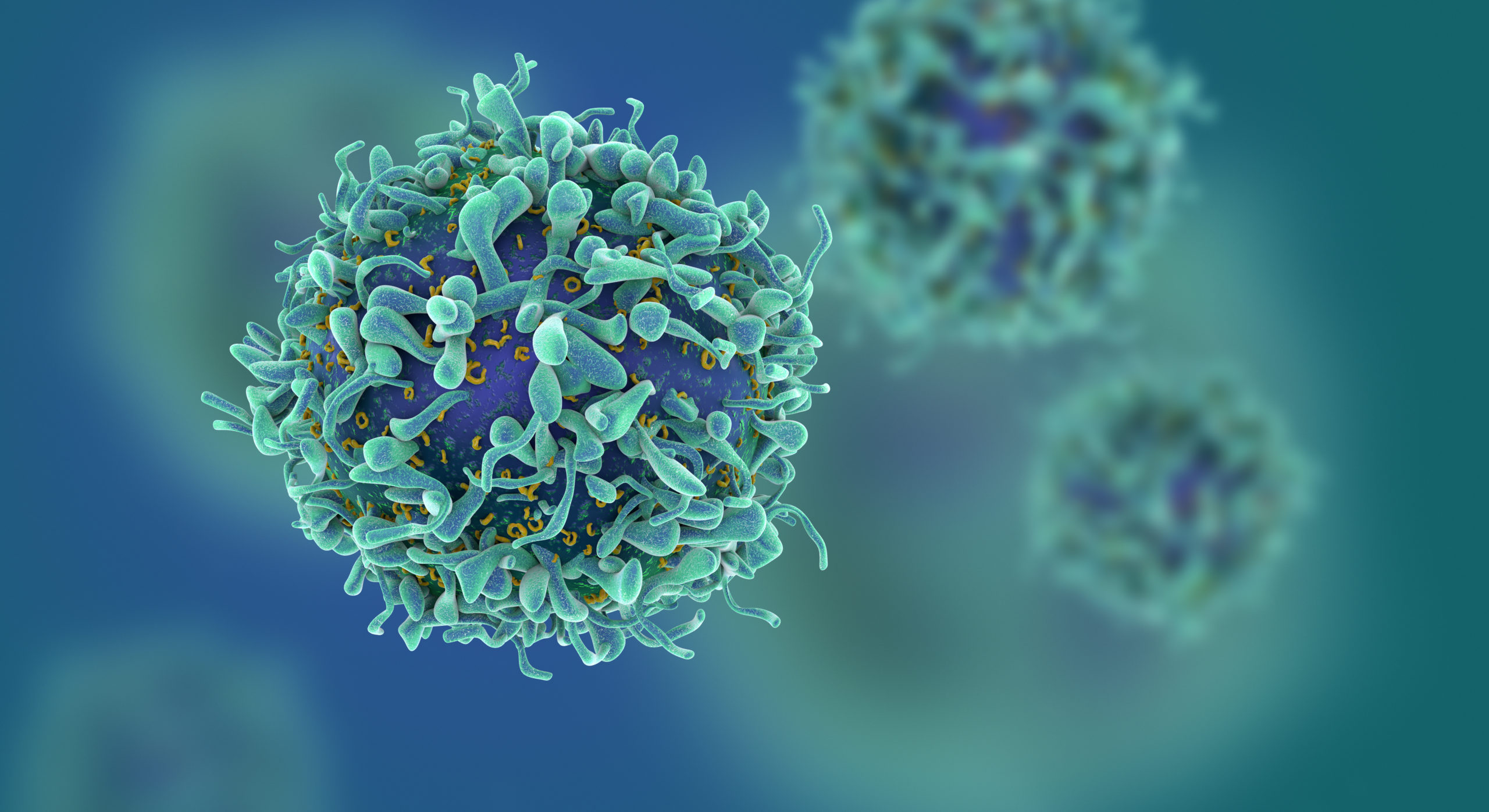Tag: Research
-

New Mechanism for Oncogenic Gene Splicing
Northwestern Medicine scientists have discovered an alternate mechanism for aberrant gene splicing that contributes to T-cell lymphoblastic leukemia, according to a recent study.
-

Racial Residential Segregation Associated with Lower Cognitive Performance
African Americans who were exposed to segregation in their neighborhoods during young adulthood are more likely to have poor cognitive performance as early as midlife.
-

Study Reveals Molecular Mechanisms Behind Genetic Kidney Disease
A Northwestern Medicine study has uncovered the molecular mechanisms behind the development of autosomal dominant polycystic kidney disease (ADPKD) and a potential drug target.
-

Children with Chronic Health Problems Face Greater Challenges at Home
Children with difficult medical issues are more likely to experience social challenges at home, demonstrating the need for additional support and resources for these children in clinical settings.
-

Reassessing How Light Impacts Behavior
Northwestern Medicine investigators have found that a small subset of cells in the retina inhibit the communication of light signals from the eyes to the brain, impacting how light affects daily activity and how the pupils constrict to light.
-

Feinberg Launches Starzl Academy to Support Physician-Scientist Training
To help support and develop the next generation of physician-scientists, Feinberg has established the Thomas Starzl Academy, and named Elizabeth M. McNally, MD, PhD, its inaugural director.
-

Specialized Immune Cells May Improve Early Detection of Parkinson’s Disease
An elevated presence of specialized immune cells were found in patients prior to developing motor symptoms and receiving a diagnosis of Parkinson’s disease, which may help improve early detection.
-

Chemotherapy for Early Stage Breast Cancer Associated with Greater Cognitive Impairment
In women with early-stage breast cancer, Northwestern Medicine investigators found chemoendocrine therapy was associated with greater cognitive impairment at three and six months compared to endocrine therapy alone.
-

New Map of Inference-Based Behavior
Both the hippocampus and the orbitofrontal cortex are involved in inference-based behavior, according to a new study.
-

Gift Names Epigenetics Institute at Feinberg
A new $15 million gift from University trustees and supporters Louis A. Simpson and Kimberly K. Querrey will establish the Simpson Querrey Institute for Epigenetics at Northwestern University Feinberg School of Medicine, boosting the school’s current efforts to study the effects of environment on the regulation of gene expression.






